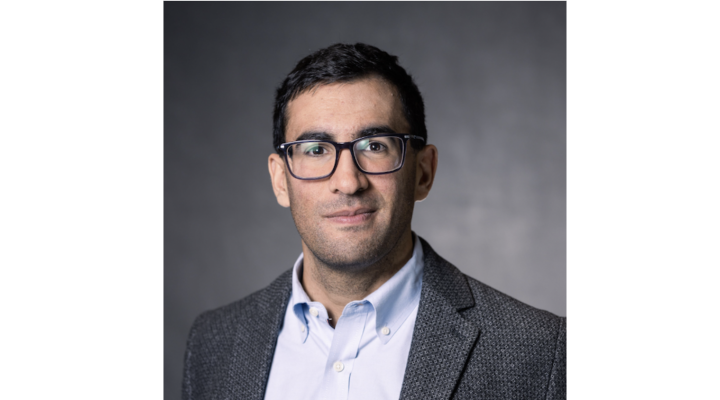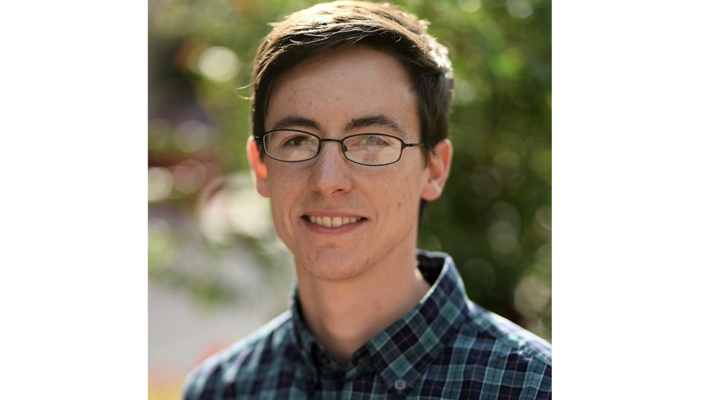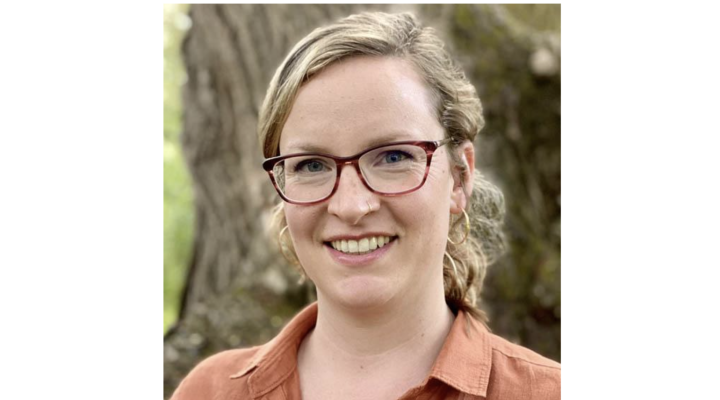Ross Tate is taking the road less traveled. As a professor of computer sciences, his research focuses on programming language design and formalization of industry languages. It’s a field that doesn’t get much academic attention, but Tate doesn’t mind being a trailblazer. “People told me I’d never made a career of it; it’s been done a lot and it’s subjective,” but Tate’s work is coveted by many computer language designers in the industry, which has opened doors to promising research opportunities.
Tate has a history of having his feet planted on either side of the academia and industry divide. (Those feet, one can’t help but note, are often bare, with Tate padding around the hallways of his department unfettered by socks or shoes. “It’s comfortable,” is Tate’s explanation). Prior to Cornell, Tate did his undergraduate degree in mathematics and computer science at California Polytechnic State University, San Luis Obispo, and his PhD in computer scicene at University of California, San Diego while also interning at a number of computer developer firms, including Microsoft Research and the video game company Activision. Tate came to study computer science via an uncommon influence--a reading disability that affects the muscle movements of his eyes known as saccadic eye movement deficiency. “I liked almost every field, but I had the reading disability, so I didn’t like textbooks,” says Tate. Thus, he gravitated towards math, and later computer science, which doesn’t require the same heavy reading that sociology or philosophy does.
As a graduate student, his research focused primarily on verified optimizations, which help to change the code of a programming language so that it improves the efficiency of the program execution. At the same time, Tate built up practical skills during his internships. During and after graduate school, he programmed new features, fixed glitches, redesigned new languages and created new graphics for a number of projects, including the Spiderman 3 and Spiderman Web of Shadows video games. While Tate enjoyed his time working in industry, he eventually returned to academia. “With my personality, I don’t like working on the same project for a long time,” says Tate. “In research, I get to change projects all the time, or do multiple projects at a time.”
Now, as a professor at Cornell, Tate has leveraged his close knowledge of the industry into a unique research niche. “The big things I’m interested in are the foundations of programming languages--understanding what they are and how they work,” says Tate. “The other thing I want do to, which I’d been told from a million people that I’d never ever be able to pull off--is language design.”
This area is often avoided in academia due to the fact that the findings are typically subjective, with no definitive answer to a programming problem. Tate is able to circumvent this issue thanks to the fact by collaborating with industry developers and language designers--thus his research tackles real-world problems as case studies. “I’m not imposing my opinions [in the research],” says Tate “These are the problems people in the industry had, and I help to determine how best to fix it for that client.” This method of research is unorthodox, but that’s not a problem for Tate. His current client partners include Red Hat, an international open-source software company, and JetBrains, a Russian software development firm.
Outside of computer science, Tate has a wide variety of interests, from board games (Sorry and Cranium grace his office shelves) to martial arts (he’s taken capoeira, tae kwon do, tai chi, and jujitsu). Coming to Cornell has sparked an interest in swing dancing and the occasional attempt at wakeboarding on Cayuga Lake. Ithaca and the Computer Science department were key reasons Tate elected to come to Cornell. “I like the sense of community this town and the department has.”




